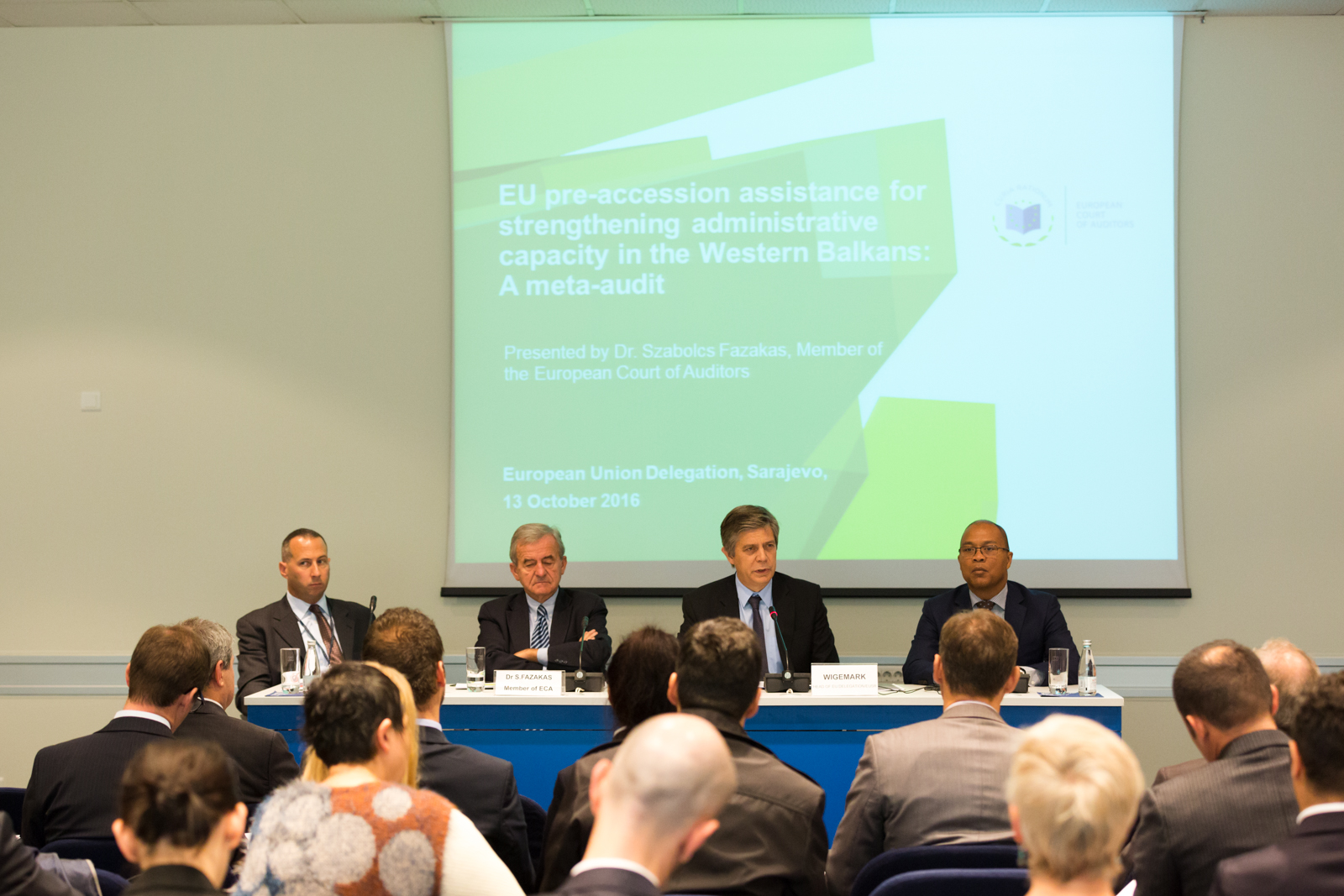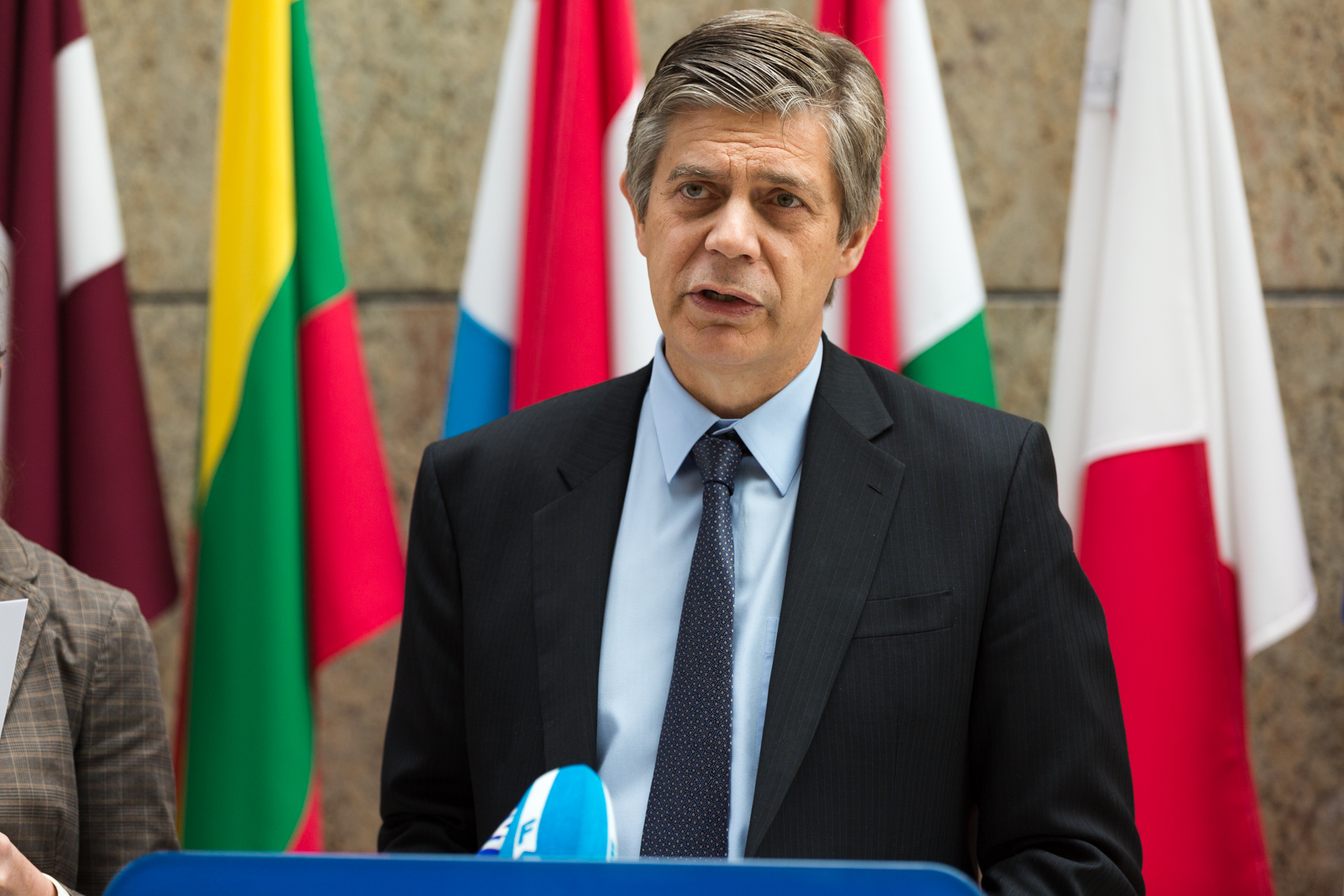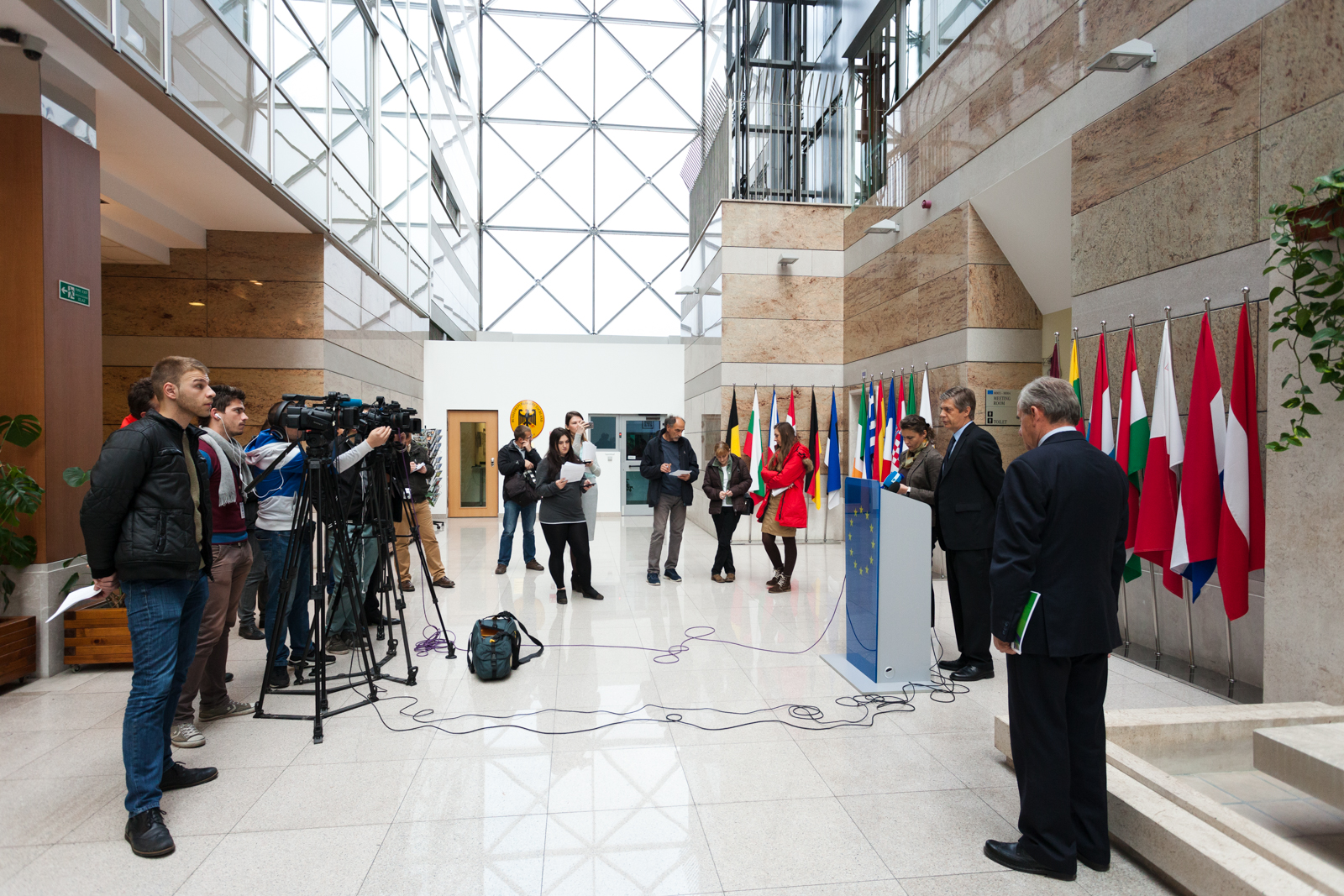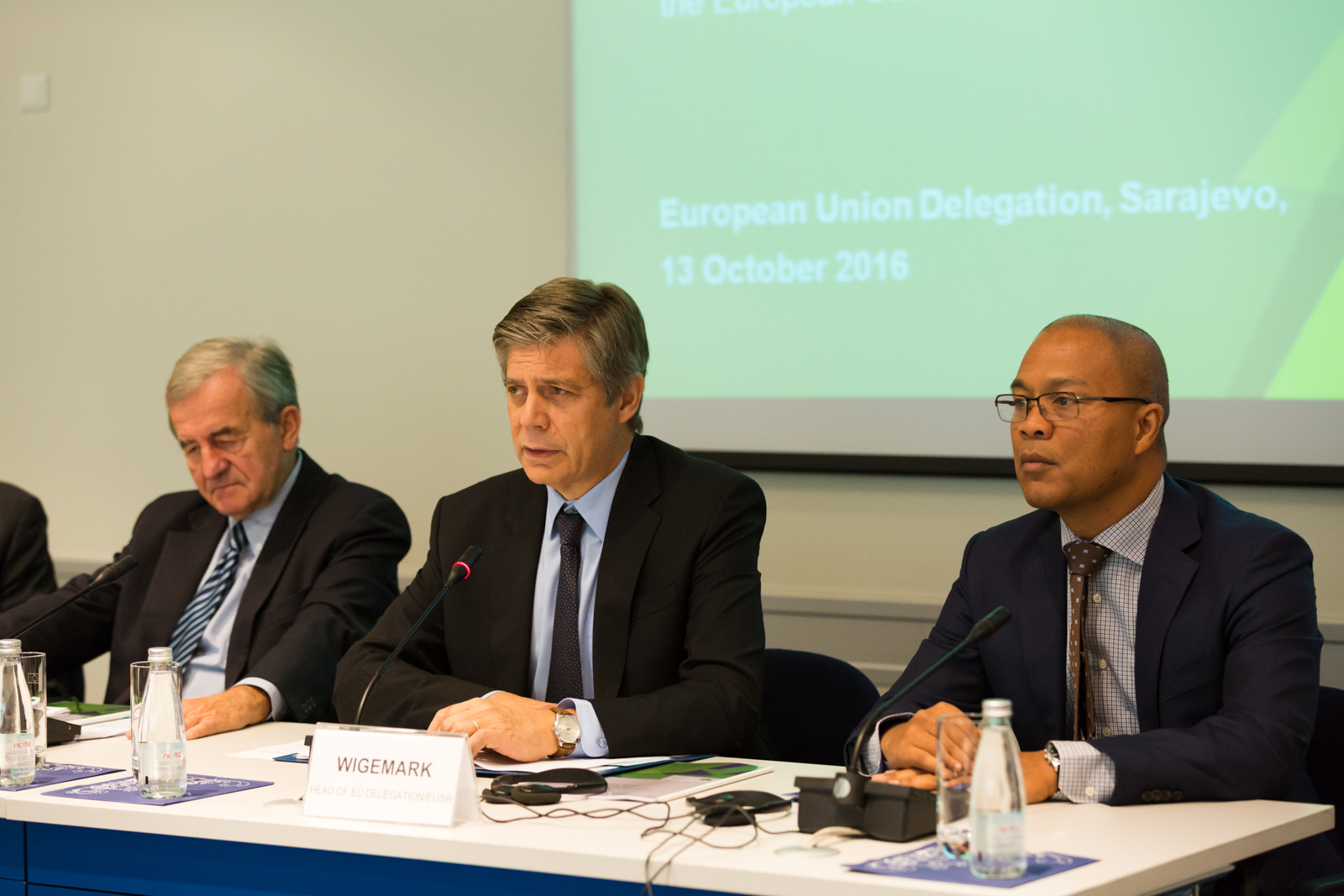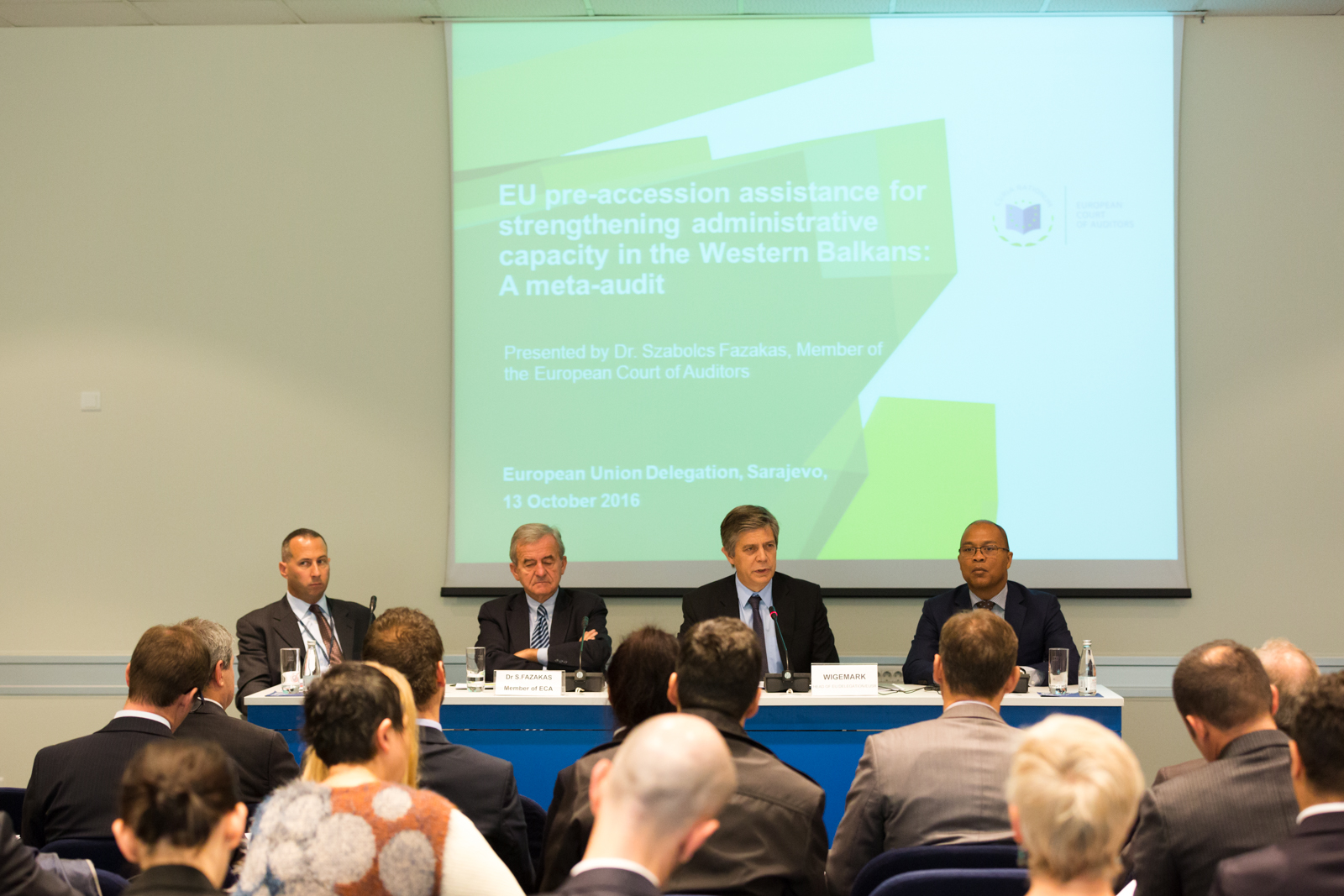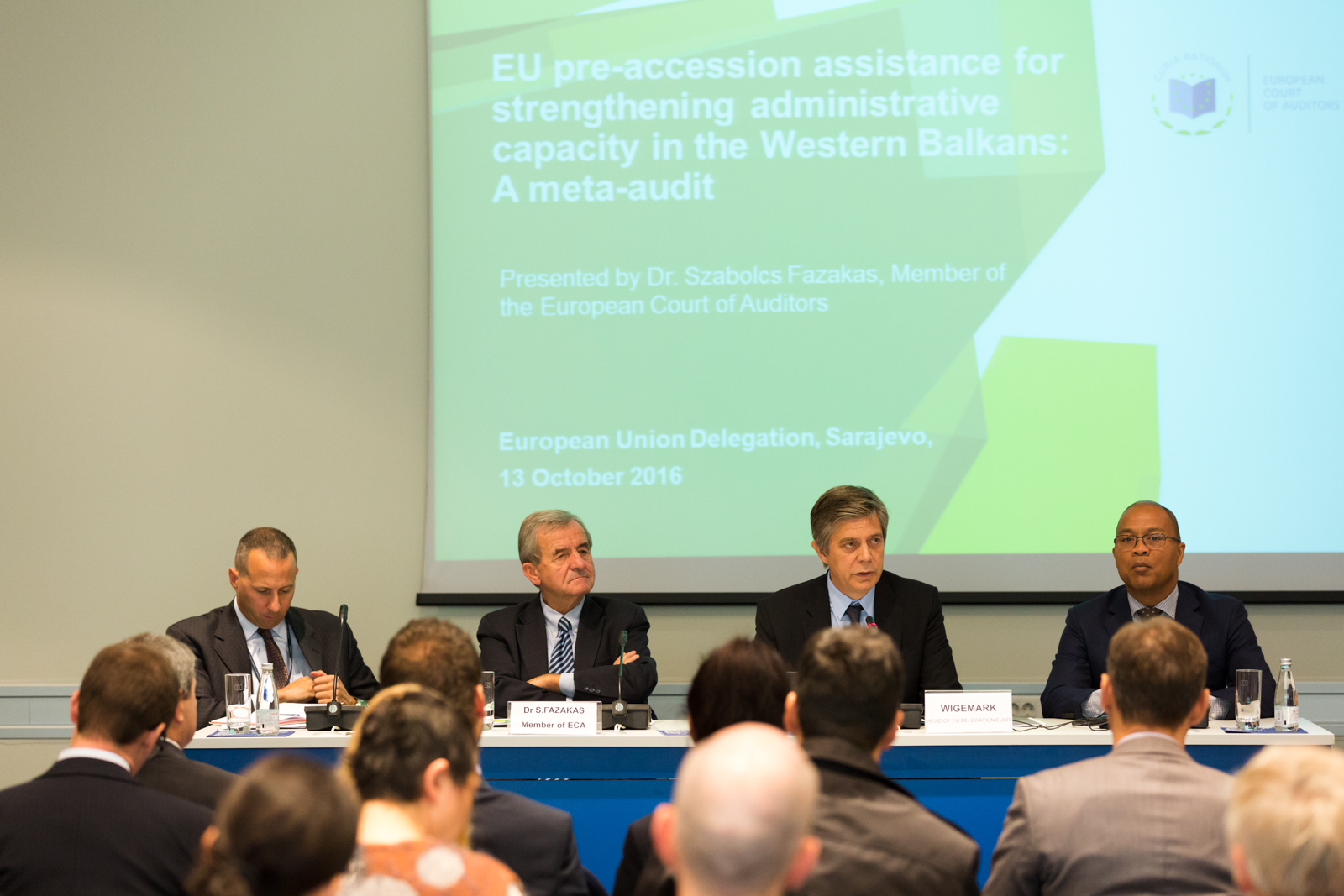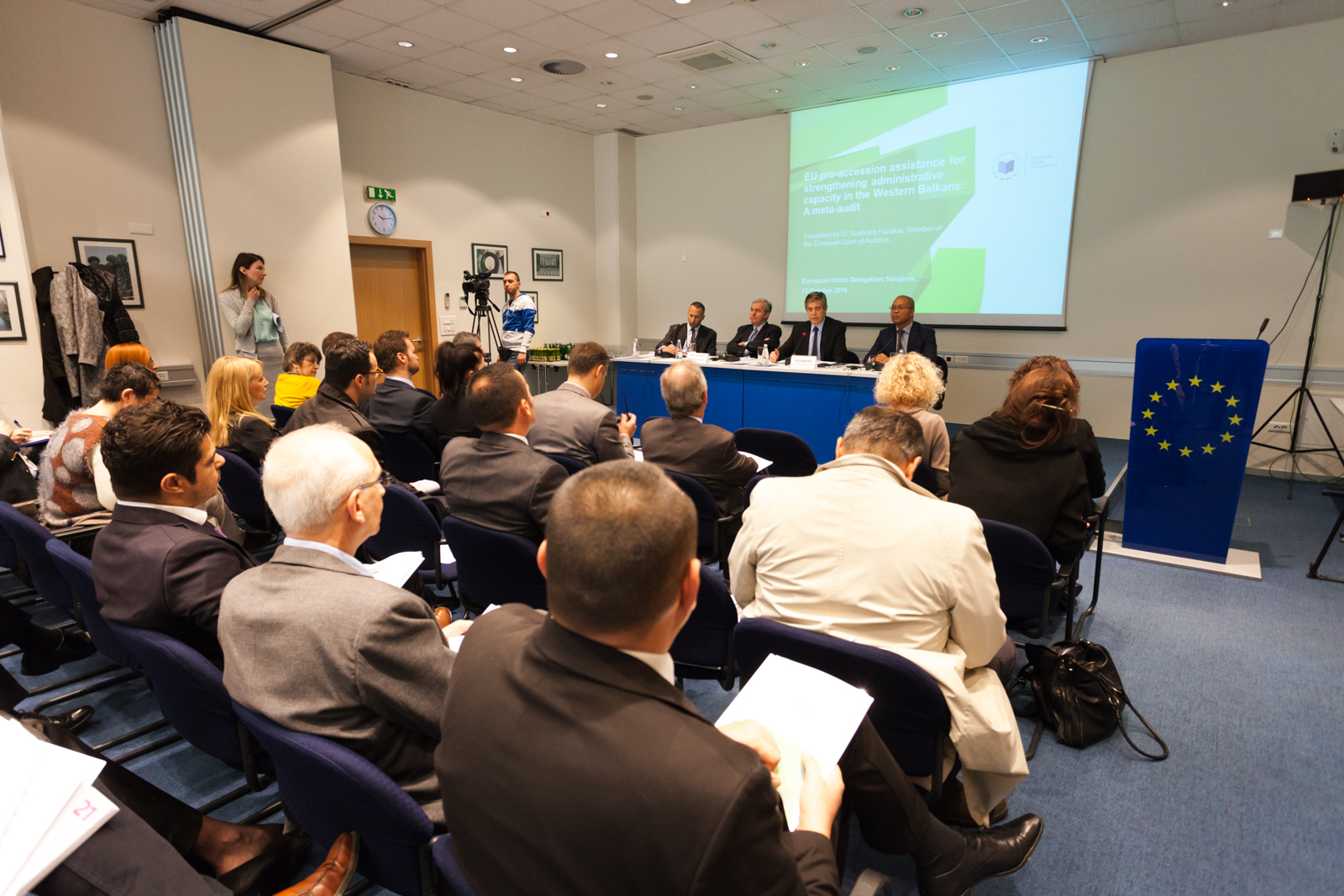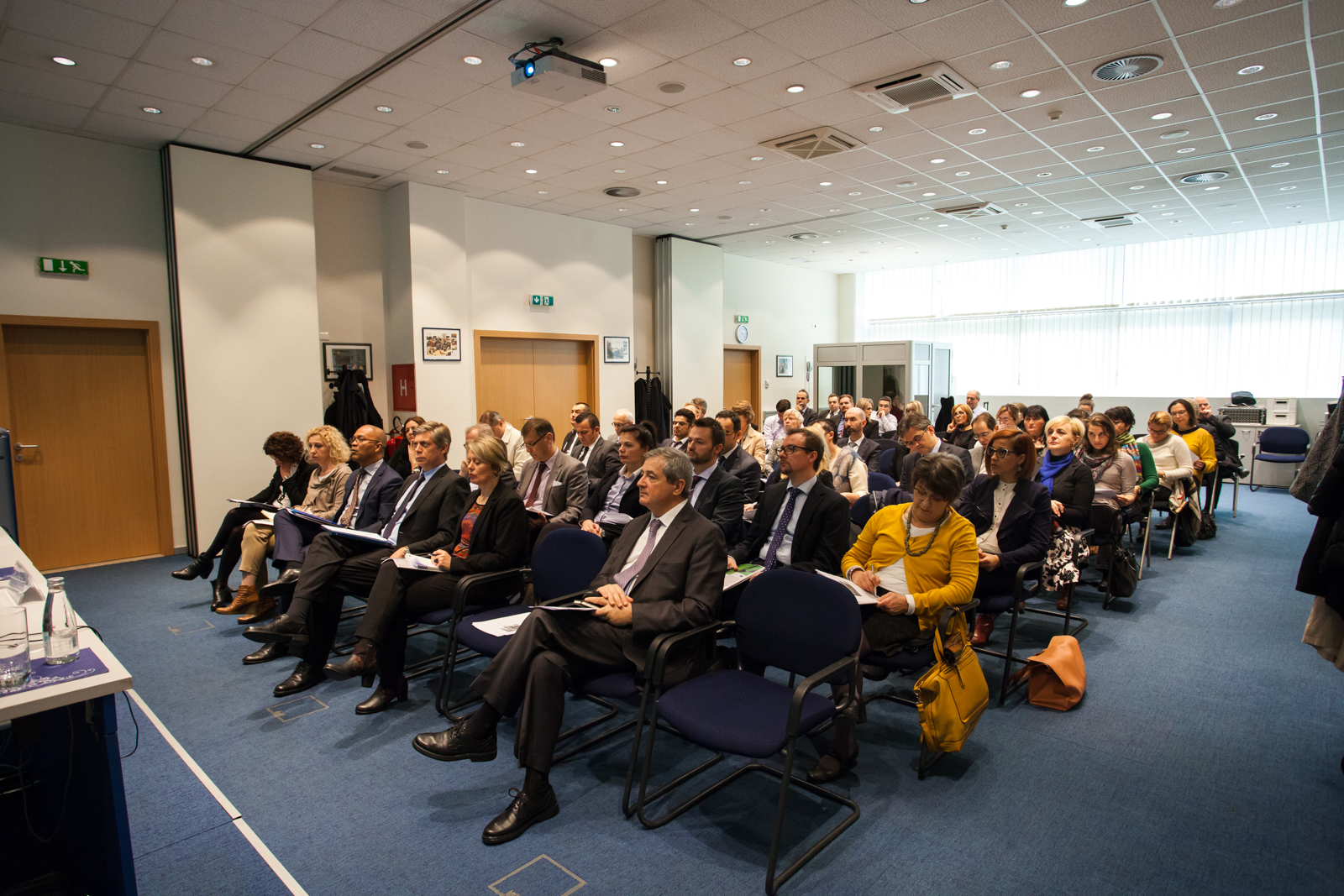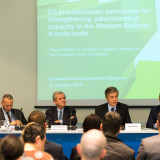EU financial support for countries in the Western Balkans has been broadly effective and has gone some way to strengthening administrative capacity in the region, according to a new report from the European Court of Auditors. But this has to be set against a background of considerable shortcomings inherent to the national authorities in the region.
The auditors conducted a “meta-audit”, an overview of the European Commission’s management of pre-accession assistance in Albania, Bosnia and Herzegovina, Kosovo, the former Yugoslav Republic of Macedonia, Montenegro and Serbia between 2007 and 2013. The auditors mainly assessed data from their previous special reports and Commission evaluations and examined the entire programming process, as well as 52 national projects and three regional programmes. They also took into account developments relating to the 2014-2020 period.
They found that the Commission’s management objectives had not always been specific and measurable. Programmes and projects were based on needs, but some beneficiaries’ assessments in the ‘rule of law’ sector showed considerable shortcomings. The absorption of funds was hampered by weak administrative capacity in some countries and strict requirements for EU fund management when implementation was decentralised.
“The Commission should systematically apply strict conditions and follow them up”, said Istvan Szabolcs Fazakas, the Member of the European Court of Auditors responsible for the report. “If necessary, future payments could be reduced or suspended.”
Although there were shortcomings in reporting, the Commission had been effective in monitoring the implementation of projects, say the auditors. It had also been partially effective in following up on the conclusions and recommendations of evaluations. Despite considerable beneficiary shortcomings, it had been able to support donor coordination.
With regard to administrative capacity, the EU’s assistance had generally delivered the planned outputs, and support for the rule of law and public administration reform was partly sustainable.
For ‘rule of law’ projects, the Commission had not applied conditions consistently, and relatively little funding had been provided in key areas such as media freedom, public prosecution and the fight against corruption and organised crime. Beneficiaries’ lack of political will to reform institutions, insufficient budget and staffing, as well as poor coordination had also affected project sustainability.
In the area of public administration reform, the Commission managed to convert many project outputs into sustainable results. Although this was not an explicit objective of these projects, the Commission could have encouraged beneficiaries to use the assistance as a learning tool in the rest of their public administration.
Given that the Western Balkans is a region made up of countries that are all aspiring to join the EU, the Commission has encouraged regional cooperation and the improvement of administrative capacity. However, during the audited period, the Regional Cooperation Council did not have a significant impact on the ground. Political dialogue in the region had a limited impact on the rule of law in a number of cases, say the auditors, although it did achieve some progress with regard to public administration reform.
The report sets out recommendations to improve the design and implementation of projects in the Western Balkans and to encourage greater commitment by national authorities. In particular, the Commission should:
- set specific objectives based on ranked priorities and measurable targets;
- apply indirect management selectively when it identifies weak administrative capacity;
- apply relevant conditions at all levels and follow up on them, if necessary taking enforcement measures such as reducing future allocations, suspending payments and cancelling projects not contracted;
- systematically monitor sensitive programmes and projects;
- engage beneficiary countries in stronger political commitment to establish a convincing track record of effective investigation, prosecution and conviction in cases of high-level corruption and organised crime and require them to build up their track records further;
- target resources better in the fight against corruption, organised crime and media freedom, as well as using political dialogue to support the delivery of results in the areas of public administration and the rule of law;
- support regional cooperation and ensure that its financial contributions to that end yield sustainable results on the ground.
Notes to Editors
From 2007 until 2014, EU financial assistance to the Western Balkans through the Instrument for Pre-accession Assistance (IPA) amounted to €5.1 billion. It was allocated in the context of national and regional programmes. Roughly a quarter of national programme funding went towards improving administrative capacity in the key sectors of the rule of law and public administration reform. In addition to this, the political dialogue contributed towards improving administrative capacity in the six Western Balkan countries which were the legal and financial beneficiaries.
This text was originally published on 13 September 2016 on the website of the European Court of Auditors

